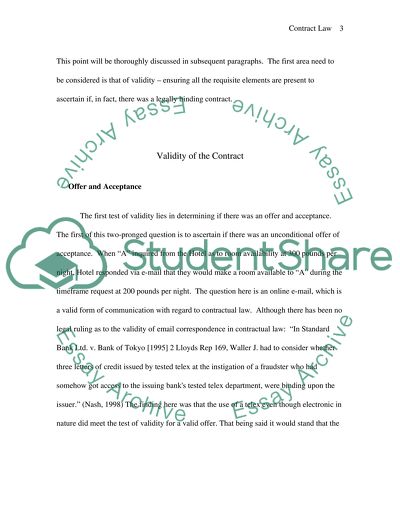Cite this document
(“CONTRACT LAW COURSEWORK Case Study Example | Topics and Well Written Essays - 2000 words”, n.d.)
Retrieved from https://studentshare.org/law/1511837-contract-law-coursework
Retrieved from https://studentshare.org/law/1511837-contract-law-coursework
(CONTRACT LAW COURSEWORK Case Study Example | Topics and Well Written Essays - 2000 Words)
https://studentshare.org/law/1511837-contract-law-coursework.
https://studentshare.org/law/1511837-contract-law-coursework.
“CONTRACT LAW COURSEWORK Case Study Example | Topics and Well Written Essays - 2000 Words”, n.d. https://studentshare.org/law/1511837-contract-law-coursework.


